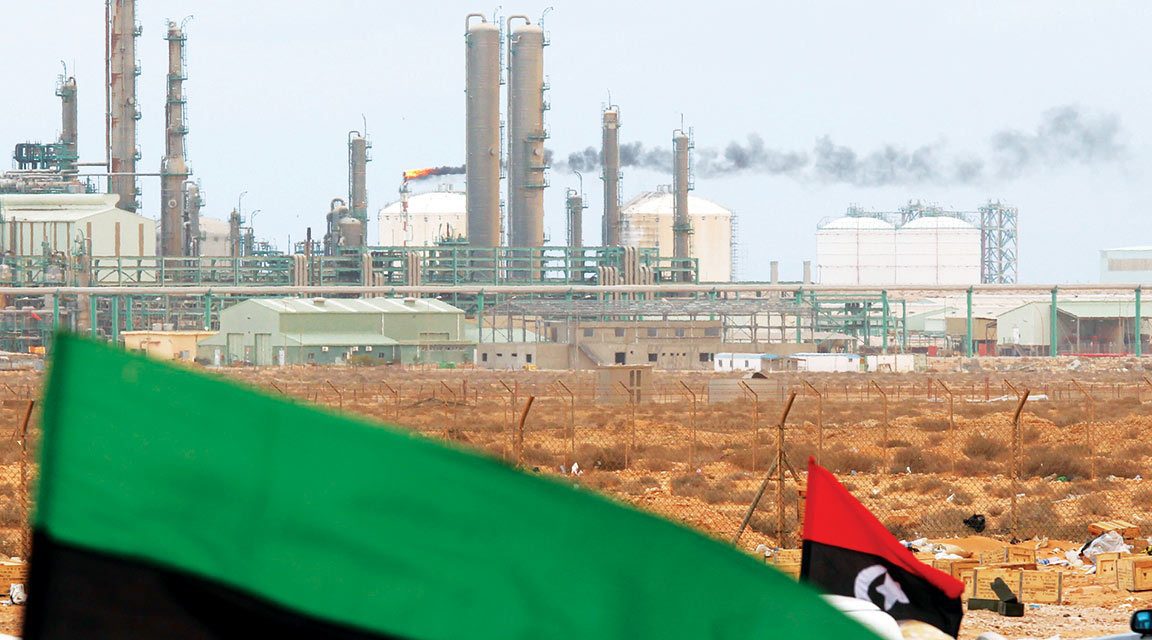(Reuters) – Libya’s National Oil Corp warned on Monday of a “painful wave of closures” after declaring force majeure on exports from the Zueitina oil port as forces in the east appeared to expand a production blockade over a political standoff.
With global energy markets already restricted due to the Ukraine crisis, more losses from Libya’s recent 1.2 million barrels-per-day average output will put further pressure on prices.
NOC said the closures were caused by “a group of individuals” entering facilities. Groups in eastern Libya protesting at oil plants want the Tripoli-based prime minister to quit in favour of a recently appointed rival.
“Workers of the companies: Zueitina, Mellitah, Sarir and AGOCO on Sunday were forced to completely and gradually shut down production,” NOC said in a statement, referring to its units that export through the Zueitina crude terminal.
It said the closure of facilities would affect electricity output at Zueitina and northern Benghazi power plants and also lead to a shortage of cooking gas supplies in eastern Libya.
“We urge the general Libyan people to form a local public opinion aimed at maintaining the flow of oil to the world markets and taking advantage of the current price boom,” NOC chairman Mustafa Sanalla said in the statement.
Libyan oil output has been subjected to repeated closures during the chaotic decade since the 2011 NATO-backed uprising against Muammar Gaddafi and was shut down entirely for months during fighting in 2020.
The political process has broken down again this year after the collapse of a scheduled election in December and the move by the eastern-based parliament to appoint a new government under Fathi Bashagha.
The existing administration of Abdulhamid al-Dbeibah, appointed a year ago through a U.N. process, has refused to quit and remains entrenched in the capital Tripoli risking a return to fighting or territorial division between rival factions.
Protesters at Zueitina had said in a video statement on Sunday they would halt production until Dbeibah leaves office, and they demanded Sanallah be sacked after NOC transferred oil revenue to the Central Bank of Libya.
Dbeibah’s Finance Ministry said NOC transferred $6 billion of oil revenues to its account in the central bank on Thursday.
Analysts say eastern commander Khalifa Haftar wields extensive control over all of eastern Libya, including major oil-producing areas where production has been shut down.



